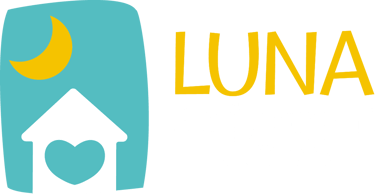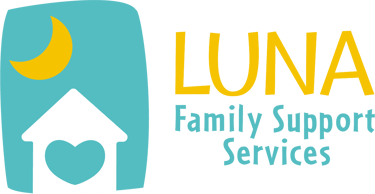The provisions contained in HB 136 which did not pass in Maryland’s 2023 Legislative Session, will be adopted by the Maryland State Department of Education. After an opportunity for comments required to complete the regulation changes, this adjustment will support thousands of informal home-based childcare service providers. Opening their licensed family child care home using their TIN (Tax ID Number) will allow educator-entrepreneurs to create healthy and safe spaces for vulnerable children, access on-going quality improvement services, and qualify for child care subsidy payments; they will also contribute to our state’s tax base and support their family’s self-sufficiency.
Latinas and other immigrant women are increasingly playing a vital role as workers in the early care and education sector. As immigrant communities in Maryland we need this change in regulation and follow the example of other states like Massachusetts and Colorado which have been implementing these regulations for decades.
For our mamas, tias, abuelas, comadres, this is a crucial opportunity for opening a micro-business and contributing significantly to the development of their community. Latinas want to remain financially independent and provide critical childcare services to the children in their communities who have been underserved for decades.
As a collective, and as a big familia we are asking you to sign this petition and raise our voices, and unirnos como uno!
Informal providers are used by thousands of working families, who in turn support crucial industries in our state. This regulation change will allow them to participate in publicly funded programs, start or expand child care businesses, engage in quality initiatives, and obtain credentials and degrees.
“A recent analysis of the infant and toddler workforce showed that 30 percent of all infant and toddler early educators speak a language other than English, and other research finds that family, friends, and neighbor caregivers share a similar language and cultural background with the children and families in their care” Miriam Calderon Zero to Three.
The immigrant women in this field need to be fully seen and recognized as an important part of the ECE workforce. Without this change, they have faced low wages and poor working conditions, they encounter language barriers in accessing training and completing paperwork.
Providing a licensing pathway to Latinas in our state will benefit all working familas because immigrant women are the child care supply that we are all desperately searching for.
Narrowing equity gaps requires deep structural changes and a clear understanding of the undervalued assets that this sector of our economy can offer in terms of productivity, competitiveness and solidifying a future tax base.


Comments to Proposed COMAR Regulation Changes pertaining to Family Child Care and use of TIN 👭
Sign the petition here and share it with your communities: CLICK HERE
SUSCRIBE
Receive our newsletter to be always the first to know about the latest news and novelties.
Comments to Proposed COMAR Regulation Changes pertaining to Family Child Care and use of TIN 👭
The provisions of HB 136 regulation are about to be changed. With these provisions thousands of informal home-based childcare service providers...


